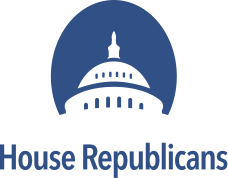The Republican Party, also referred to as the GOP (Grand Old Party), is one of the two major contemporary political parties in the United States; the other is its historic rival, the Democratic Party.
The GOP was founded in 1854 by opponents of the Kansas–Nebraska Act, which allowed for the potential expansion of slavery into certain U.S. territories. The party supported classical liberalism, opposed the expansion of slavery, and supported economic reform. Abraham Lincoln was the first Republican president. Under the leadership of Lincoln and a Republican Congress, slavery was banned in the United States in 1865. The Party was generally dominant during the Third Party System and the Fourth Party System. After 1912, the Party underwent an ideological shift to the right. Following the Civil Rights Act of 1964 and the Voting Rights Act of 1965, the party’s core base shifted, with Southern states becoming more reliably Republican in presidential politics. People living in rural areas, men, people without a college degree, the elderly, and white Americans are generally more likely to support the GOP.
The 21st century Republican Party ideology is American conservatism, which incorporates both economic policies and social values. The GOP supports lower taxes, free market capitalism, restrictions on immigration, increased military spending, gun rights, restrictions on abortion, deregulation and restrictions on labor unions. After the Supreme Court’s 1973 decision in Roe v. Wade, the Republican Party opposed abortion in its party platform and grew its support among evangelicals. The GOP was strongly committed to protectionism and tariffs at its founding, but grew more supportive of free trade in the 20th century, although tariffs experienced a resurgence in the 21st century.

